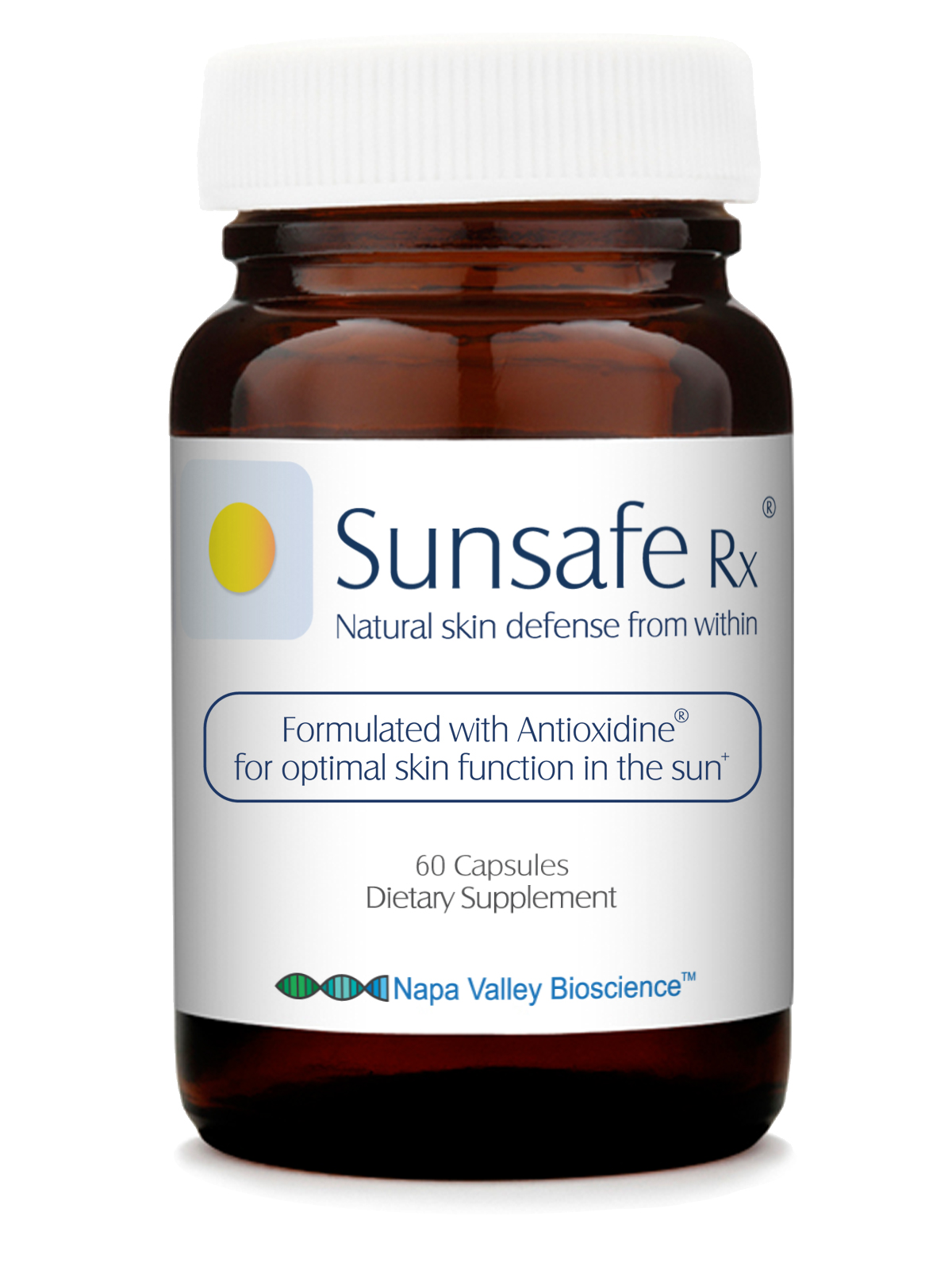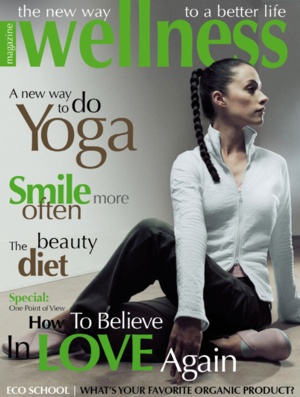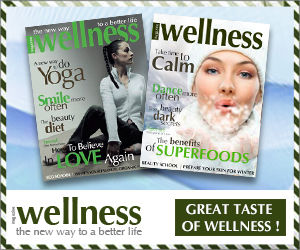Article
Eat Your Sunscreen This Winter. Sunlight And Skin Aging
Did you know the sun ages your skin more than anything else? Some research studies have even shown that 80-90% of how young or old you appear for your age is due to the amount of sun exposure you’ve had in your life.
For instance, one research study on identical twins showed the twin with less average weekly sun exposure looked more than 11 years younger than her sister with more sun exposure. Another clinical study showed that women living in a region with less sun looked, on average, 8-16 years younger than those living in a sunnier region.* In fact, the sun makes you look older than everything else in your life combined (including smoking, drinking, sleep, diet, exercise, etc.)! Yes, it’s shocking but true.
Why Sun Exposure Still Harms You In The Winter
Yet in the winter you may think the sun is “weak,” or that because you don’t burn in the winter you don’t have to worry about sun exposure. This is false. The problem is that while ultraviolet B rays (which cause tanning and burning and also stimulate the production of Vitamin D) are less intense in the winter, ultraviolet A rays still remain strong. This is because UVA penetrates our atmosphere relatively unblocked year-round, making you susceptible to UVA sun exposure throughout the whole year.
Furthermore, UVA also penetrates your skin more deeply than UVB. And research shows that UVA may age your skin as much or more than UVB—leading to wrinkles, sun spots, and even more serious health concerns. Yet because UVA won’t cause you to tan or burn, you won’t notice the damage from UVA immediately (until later when it’s too late)!
Ingredients In Food Can Help Protect Your Skin From The Sun
But did you know that the food you eat can help protect you from the sun? There are antioxidants in various foods and plants that have been shown to protect your skin from ultraviolet rays; eating these foods regularly over time can help you increase your resistance to sun damage.
In particular, carotenoids found in colorful fruits and vegetables help, as do the polyphenols found in green tea and grape seed extract, and the omega-3 fats found in fish. One of the best ingredients for sun protection in food is the lycopene found in tomatoes. Regular servings of cooked tomato paste (such as that found in pasta sauce) can aid your skin’s resistance to UV rays. Lutein, astaxanthin, and the extract of a tropical fern called polypodium leucotomos have also all been shown to prevent sun damage to your skin.
The Sunscreen Pill: Sunsafe Rx
There is also a nutritional supplement that contains these ingredients. Sunsafe Rx takes the antioxidants that have been clinically shown to most effectively protect your skin and eyes from the sun and combines them into one capsule. This sunscreen pill helps prevent sun damage but is also healthy for your skin and eyes.
Sunsafe Rx uses specific antioxidants, isolated from foods and plants, which extensive scientific research proves can help your skin naturally defend against the harmful effects of both UVA and UVB rays. The proprietary formulation, called Antioxidine, combines ingredients that have been shown to work the best, at the optimal concentrations, into a proven formula.
In addition, Sunsafe Rx also contains the antioxidants Lutein and Zeaxanthin--important components of the retina of the eye that also protect your sensitive eye tissue from damaging UV rays.
How To Use Sunsafe Rx
To benefit from Sunsafe Rx, just take one capsule 30-60 minutes before you go in the sun. It’s like a sunscreen pill that is simple to take and is always working. Plus, it protects your whole body, doesn’t rub off, isn’t messy, and won’t interfere with your normal production of Vitamin D.
Use Sunsafe Rx while jogging, biking, hiking, surfing, gardening, playing tennis, shopping, driving, and during any other outdoor activity. You can also use Sunsafe Rx on your next ski trip when higher altitudes and glare off the snow makes you especially susceptible to burning. Even just the driving you do on your daily commute negatively impacts your skin because UVA rays pass relatively unimpeded through glass windows, and Sunsafe Rx can help mitigate these aging effects.
All the sun exposure you get adds up. But by using Sunsafe Rx every day, you have some built-up protection every time you go in the sun. Sunsafe Rx is always working, and every amount of extra protection you can get benefits you in the long run.
You can also use Sunsafe Rx without sun exposure as a daily supplement for healthy skin and eyes because the antioxidants in Sunsafe Rx fight free radical damage from all sources—not just the sun— throughout your whole body.
Why You Need Sunsafe Rx In The Winter
Are you taking a vacation to a sunny destination this winter? If you are not normally in the sun, and then all of a sudden you get a large amount of sun exposure in a short period of time, you may get burned and severely damage your skin.
You can benefit by taking Sunsafe Rx daily for a week (or longer) leading up to your escape to a sunny paradise, in addition to throughout your vacation. Accumulating the active ingredients in your skin for as long as possible prior to sun exposure will have a positive effect on your health. And possibly help you better enjoy your vacation.
Sunlight ages your skin more than all other factors combined, and even winter sunlight damages your skin. But by eating your sunscreen—in the form of a pill called Sunsafe Rx—you can help protect yourself from sun damage. Plus, the natural ingredients in Sunsafe Rx are good for your whole body—including your skin and eyes. Healthy sun protection that’s easy to use and is always working: bon appetit.
For info on Sunsafe Rx, the sunscreen pill:
https://www.sunsaferx.com/
For research on the ingredients in Sunsafe Rx:
https://www.sunsaferx.com/facts/the-science-of-antioxidine/
*For a summary of 11 shocking studies that detail how much the sun ages your skin:
https://www.sunsaferx.com/health-tips/how-much-does-sun-age-skin/
Share article











You must be logged in to add a comment ... → Log in | Register